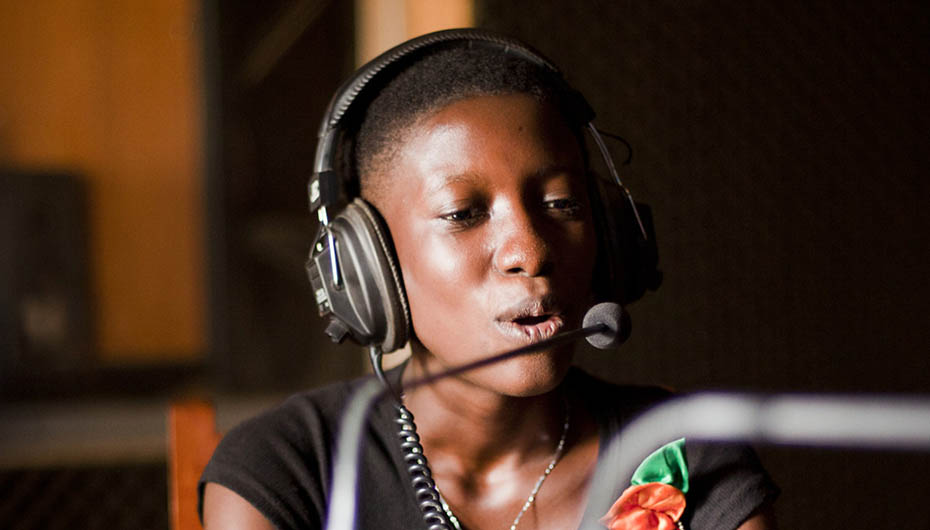Media Centre - Media release - 20 March 2019
Plan International responds to Cyclone Idai after Mozambique, Zimbabwe and Malawi declare disaster

Plan International’s emergency response teams are carrying out rapid needs assessments in Mozambique, Zimbabwe and Malawi, as part of the organisation’s Tropical Cyclone Idai response.
The death toll has reportedly risen to more than 200 people across Southern Africa, including 84 in Mozambique, 98 in Zimbabwe and 56 in Malawi, with the figures expected to rise in the coming days.
Plan International Australia has launched an appeal to assist those impacted by the disaster. Those who wish to donate can do so by clicking here.
In all three countries, Plan International’s response is prioritising lifesaving essentials, such as nutrition, shelter, and clean water, as well as education, with a particular focus on the needs of adolescent girls.
Cyclone Idai made landfall near Beira in Mozambique around midnight last Thursday and moved through neighbouring Zimbabwe and parts of Malawi.
In Mozambique, President Filipe Nyusi expressed fears that the death toll could rise to more than 1000 following his visit to some of the worst affected areas. Continued torrential rainfall has intensified flooding and increased the risk of further destruction and potential loss of life.
Anne Hoff, Country Director for Plan International Mozambique, said an emergency response team was on the ground assessing urgent requirements, and distributing items such as blankets, mosquito nets and water containers.
“Emergencies often cause already fragile water and sanitation systems to break down or become damaged. This puts people, especially the most vulnerable such as the young, elderly or those with disabilities, at risk,” said Ms Hoff.
“Emergencies put girls and young women in particular in a very vulnerable situation. Also, lack of access to clean water increases the likelihood of an outbreak of waterborne diseases such as diarrhoea and cholera.”
Angela Muriithi, Country Director of Plan International Zimbabwe, said the immediate concern was for women and children cut off from assistance after bridges were destroyed by the cyclone.
“The heavy rains continue to pound the affected areas putting them at higher risk,” said Ms Muriithi.
The Government of Malawi declared a State of Disaster on 8 March, with heavy rains causing many houses to collapse. Most of the displaced families are living in camps managed by district authorities, people are also seeking shelter in schools and churches.
Daniel Muchena, Country Director of Plan International Malawi, said there was a critical need for food, fresh water, shelter, and sanitary facilities.
“We will start responding in Mulanje district by providing lifesaving needs in the priority sectors of food, nutrition, water, sanitation and hygiene, and shelter,” said Mr Muchena.
“Additionally, we will work in collaboration with other agencies in Machinga and Zomba to ensure that all children are safe.”
Plan International is coordinating closely with the national governments, partners and other humanitarian organisations in all three countries to identify and address the needs of families affected by this tragedy, with a focus on children, girls and young women – including expectant and breastfeeding mothers.
About Plan International
Plan International is a leading girls’ rights agency. We champion girls’ rights because we know that there is nowhere in the world where girls are treated as equals. We work alongside children, young people, supporters and partners to tackle the root causes of injustices facing girls and the most marginalised children.
Plan International works in more than 75 countries to help create a just world that advances children’s rights and equality for girls. Our local office, Plan International Australia funds programs to support children in more than 25 countries, as well as sponsorship programs across the federation.
Media contacts

